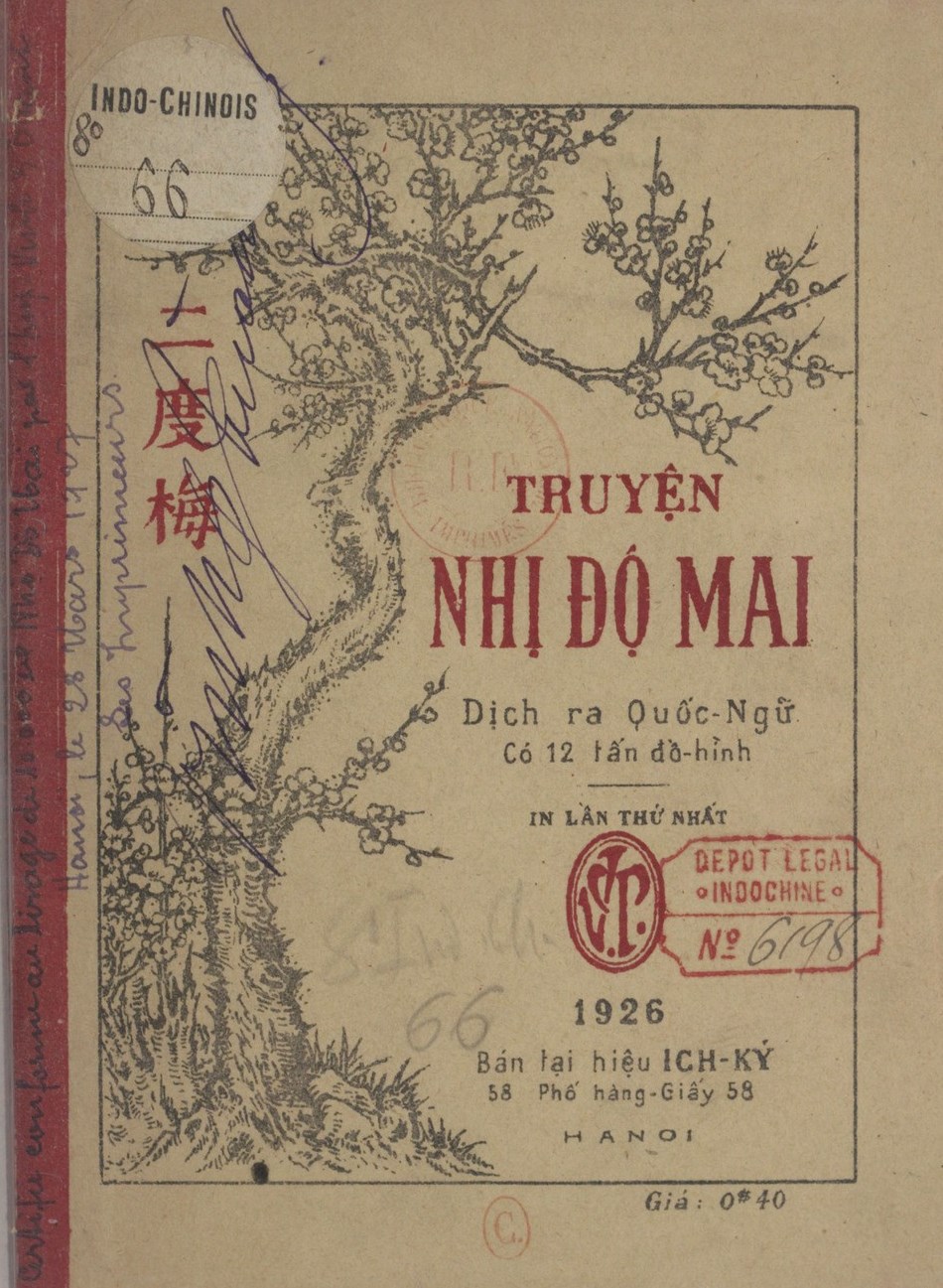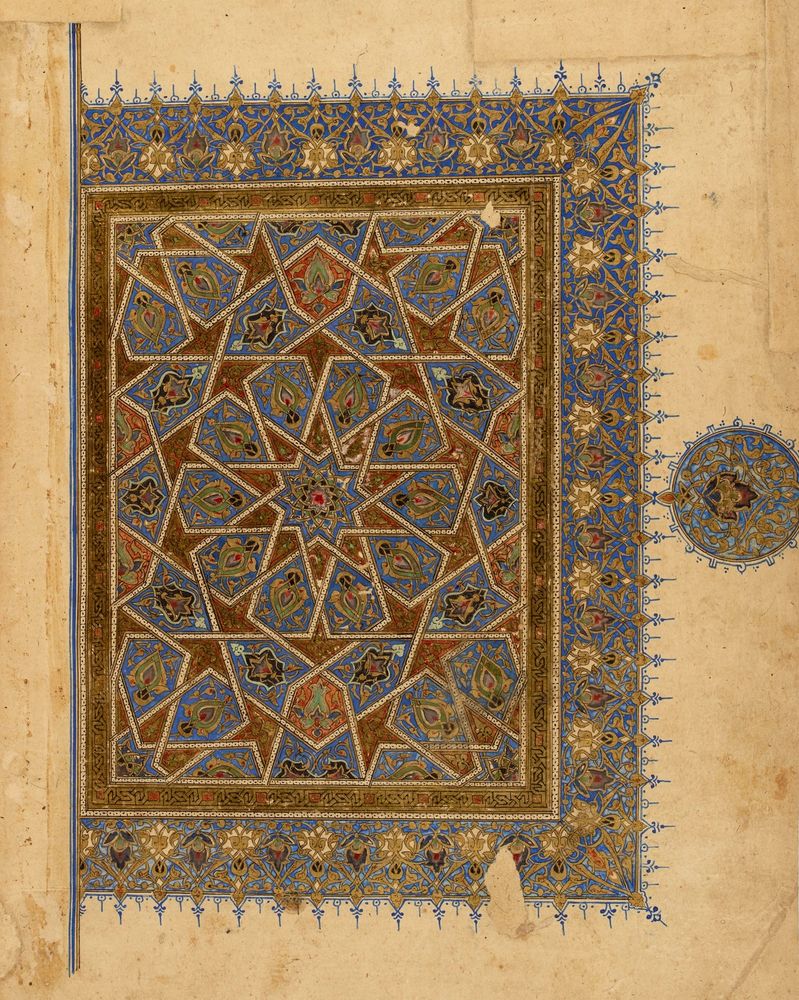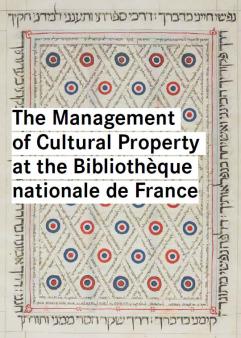Please note: exceptional closure of the Francois-Mitterrand site on Monday 10 March 2025
Management of Cultural Property at the BnF
These collections are of major interest to research communities across the world. They are of particular importance to individuals, groups of individuals and territories in which they were produced and represent essential sources for the formation, knowledge and understanding of their cultural identity. This is why, for a number of years, the BnF has been conducting an active policy of partnerships with other heritage and research institutions abroad in order to increase access to such collections. The BnF is also developing its scientific collaboration on the international scene in order to piece back together the history and provenance of these collections and to foster a shared interpretation of them.
A changing relationship with knowledge and remembrance is leading to an ever-greater demand for accessibility. Digital technology is a powerful catalyst for meeting this demand. It is vastly increasing the breadth of opportunities for showcasing and disseminating collections, while also paving the way for both renewed cooperation and new digital hosting methods for researchers and the general public alike. It is also providing access to heritage that has been dispersed and, thus, far removed from the cultural environment in which it was produced and for which it continues to be relevant. Lastly, it is an opportunity for the institution to explore its history and relationship to the world and to underscore a time-honoured universalistic commitment.
In light of this new intellectual context and technological order, the BnF wishes to reaffirm its ambitions in terms of both the accessibility and the dialogue regarding this shared heritage by publishing its key management principles and making information about the initiatives in progress to promote them publicly available. The collections created and produced outside national territory are concerned first and foremost, whether it is a question of identifying their provenance, interpreting both their own history and the shared history of their meanings or ensuring their scientific and digital dissemination.
On a final note, because these collections have been produced and used in societies wrestling with change and conflict, they may be subject to contemporary remembrance-related claims. They are therefore underpinned by a specific management framework, defined in accordance with the rules governing the public domain, as well as the international treaties and conventions signed by France.




